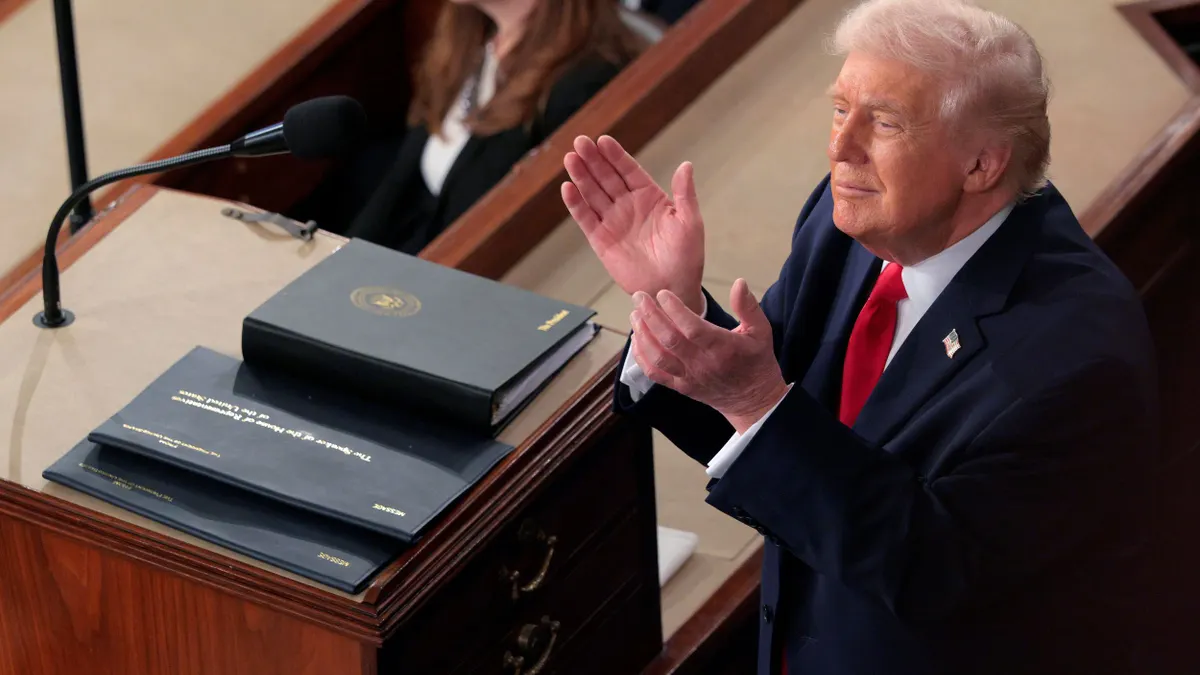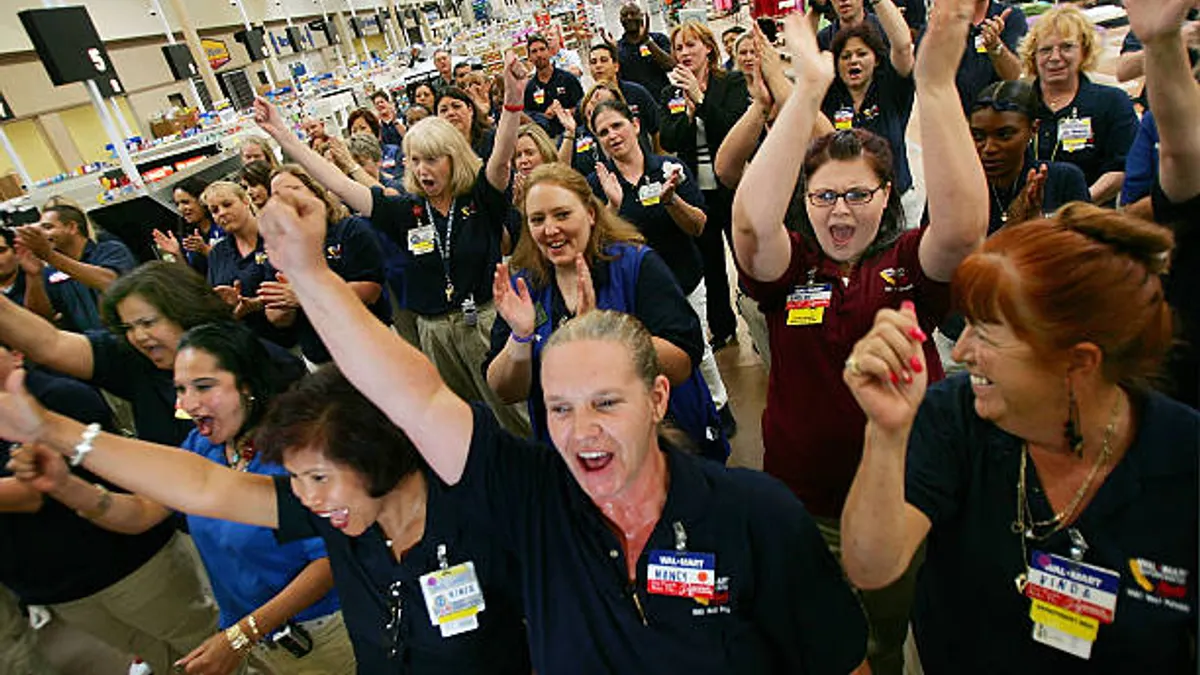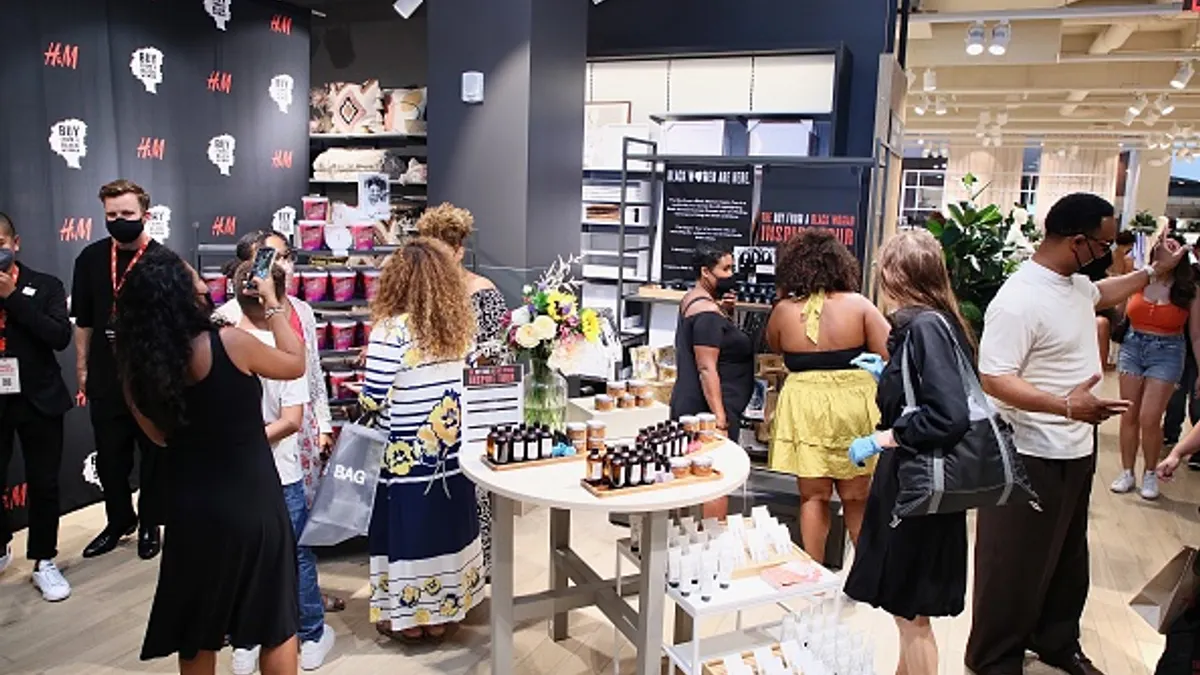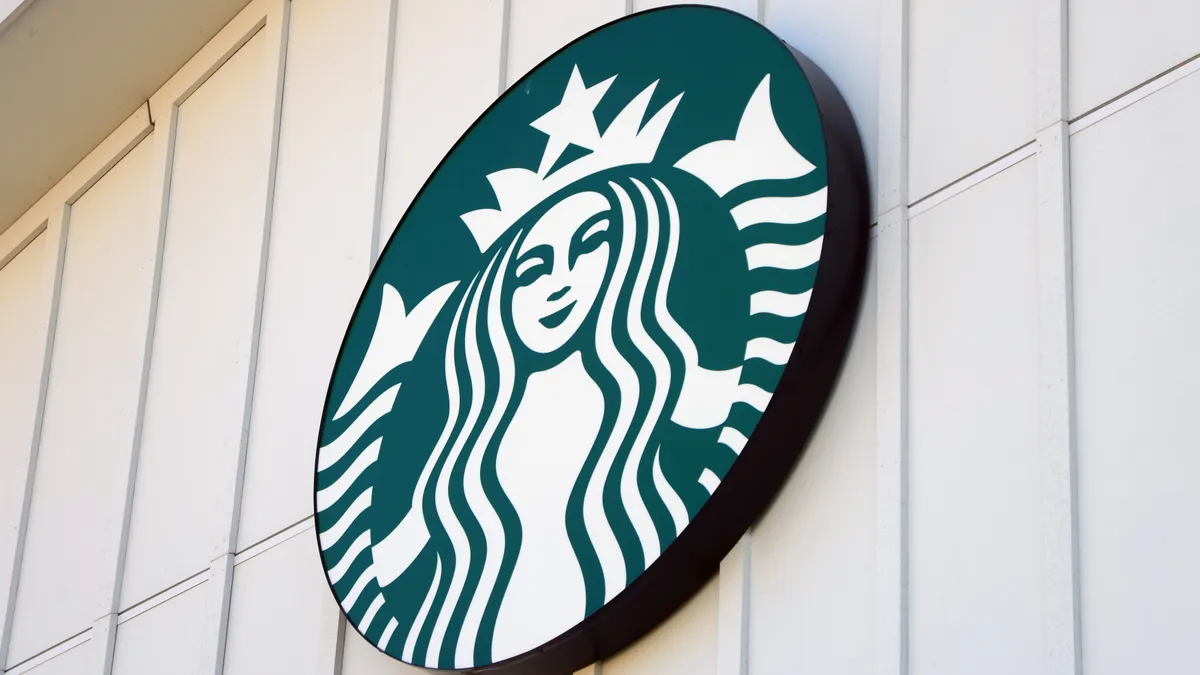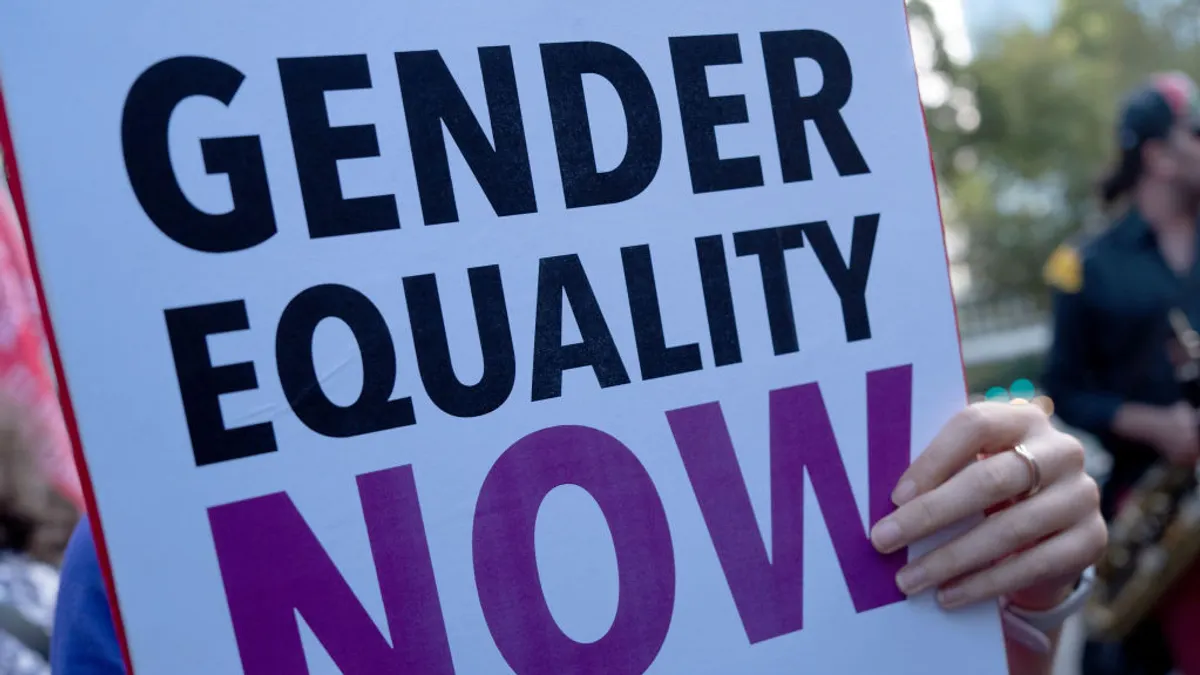When SHRM livestreamed a DEI panel with Van Jones and Robby Starbuck, its reception was both surprising and unsurprising.
The warm reception and awe in the Oct. 28 livestream’s chat was surprising because it was a far cry from the reaction of HR professionals who had earlier condemned SHRM’s platforming of the pair. At the same time, it was unsurprising because companies in the U.S. have been slowly moving away from DEI for a while now.
SHRM’s turn to ‘civility’ — and away from ‘equity’ — reflects the times
Conversations about the decline of DEI at work really gained steam in 2022. The death of the version of DEI people embraced in 2020 has been a long time coming.
And now, anti-DEI sentiments don’t just come from private employers: They come directly from President Donald Trump’s White House, the U.S. Equal Employment Opportunity Commission and the U.S. Department of Justice.
SHRM’s shift in how it handles inclusion, from changing program names to emphasizing respect, is clearly on par with the times.
Some of its members, like RaShawn Hawkins of Human Rights Campaign, have said SHRM has lost its way.
Others, like Alexia Georghiou, founder of leadership development of firm Knoxville Happiness Coalition, have felt empowered by SHRM’s direction. She told me that she feels hopeful because of how Johnny C. Taylor, Jr., president and CEO of SHRM, led the livestreamed panel.
“Empathy sets aside judgment and our own perspective, with active listening to the other person’s perspective. This was beautifully role modeled,” Georghiou said via email. “Inclusion does mean every voice.” She had nothing but positive things to say about Jones’ humility, and Starbuck’s poise and humor.
Another SHRM member, Melinda Mays, founder of Mays Consulting Group, told me her membership and her roles in SHRM’s Dayton, Ohio, chapter — DEI director and voting board member — made her particularly interested in what Jones and Starbuck would have to say on the SHRM stage.
Yet, she said, she had no preconceived notions going into the conversation. “That is what diversity and inclusion is. You have to respect people from all grounds, no matter if it’s different from your own,” Mays said.
She said she found the conversation enlightening, especially Starbuck’s expounding on his Cuban heritage, “how his parents came over here on a merit-based system in order to make a living for their family.”
She acknowledged Starbuck’s opposition to DEI and in the same breath characterized the principles of inclusion and belonging that showed up in how she viewed the conversation. “Before one hears a message, you have to know their background in regard to how they grew up, the experiences they endured, and why they have the perspective that they have in life,” Mays said. “Then, you can understand.”
While the speakers and locations have yet to be announced, Mays said that, following this conversation, she would attend SHRM Blueprint again. Georghiou said the same.
“Courage looks fear in the face and acts,” Georghiou said. “Bravo to SHRM for creating psychological safety for diversity of thought to be heard.”
Employer data supports SHRM’s direction
SHRM’s direction reflects the nuances of HR’s approach to DEI, according to recent data.
While some employers have very publicly eliminated DEI programming, some sources like The Conference Board have found that not all employers are moving away from DEI practices: Some are staying the course and some are simply reframing them.
This was the position that Tina Beaty, SHRM’s chief brand and marketing officer, took in an op-ed penned this month: She opined that “listening is leadership” and “SHRM’s commitment to inclusion and diversity hasn’t changed.”
A tension exists between intention and outcome and that tension doesn’t seem to be going anywhere soon. Nearly a third of HR professionals surveyed told HRCI they’re worried about the current political climate’s effect on DEI at work and still, 96% of respondents said that increasing diversity at work would be good for their company.
Workplace experts have long said there is no one-size-fits-all approach to inclusion and belonging at work. That may be especially true amid 2025’s legal and sociocultural landmines. For now, it seems employers are being advised to weigh their values and their risk tolerance. As the head of HRCI previously told me in an HR Dive interview: “Whether or not a structured DEI program is a good idea remains an organizational decision.”








